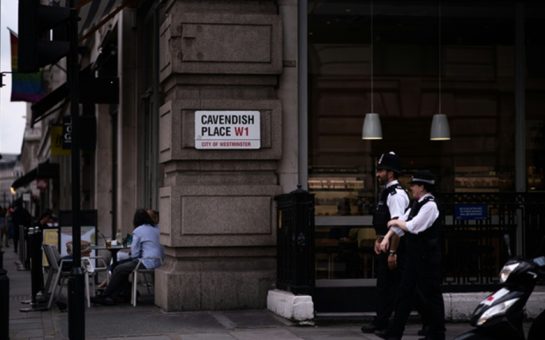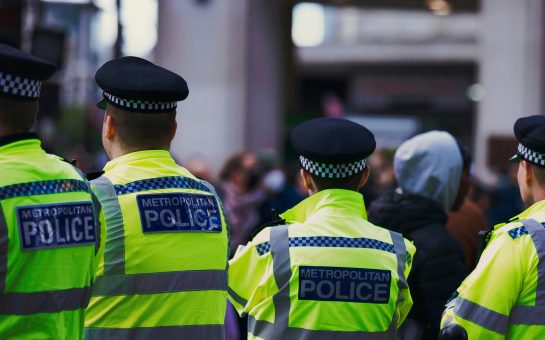
By Fran Le Noury and Koel Mukherjee
The police officer who accidentally shot and paralysed a mother in 1985 was yesterday accused of having a “callous” attitude towards the Brixton community.
On the second day of the inquest into the death of Cherry Groce, retired Metropolitan Police Inspector Douglas Lovelock was questioned about the raid on the mother-of-eight’s home while they were searching for her son Michael.
The shooting, which left Mrs Groce wheelchair-bound until her death in 2011, sparked the 1985 Brixton Riots. Mr Lovelock, now 71, was acquitted of all charges in 1987.
Taking full responsibility for the shooting, Mr Lovelock yesterday made an emotional apology to Mrs Groce’s family.
“It was my fault that Mrs Groce got injured,” he said. “I say to the family now I am bitterly disappointed that this happened.
“She seemed a lovely lady to me when she spoke in court and I am sincerely sorry.”
He described his shock in the moments after the shooting, recalling how he knelt down to check whether Mrs Groce was hurt.
“I was hoping that the blast had gone off and that I had missed,” he said. “I was hoping to hell it hadn’t hit her.”
Mr Lovelock denied accusations by Groce family lawyer Dexter Dias QC, based on testimony given the day before, that he had stood over the injured woman yelling at her to get up and demanding to know where Michael was.
He also said he could not remember telling her 11-year-old son Lee, who witnessed the shooting, to shut up – as Mrs Groce’s original witness statement suggested.
Mr Dias said these actions showed an “us versus them” mentality towards the black residents of Brixton, and accused Mr Lovelock of leading a reckless operation.
Mr Lovelock said that it was difficult to conduct surveillance on the house and find out who might be living there because Brixton was too dangerous.
He said: “At the time it was a pretty violent place for policemen to work. Round there was almost a no-go area. The relationship between the police and the black community was not good.”
Denying he knew that the property was a family home, he said there was talk among police that it was a squat for Michael Groce and his friends, with no discussion of whether women and children could be inside.
Though Mr Lovelock did not face disciplinary action after he was acquitted, a senior officer’s report concluded the raid created grave risks that should have been avoided.
When asked by Mr Dias if he admitted that the raid should not have happened, based on the information available, Mr Lovelock said: “I think that is easy to say 30 years after the event when things have changed dramatically.”



